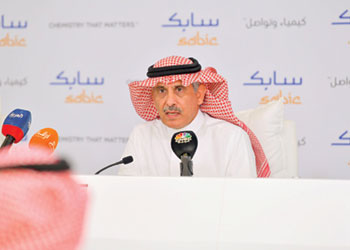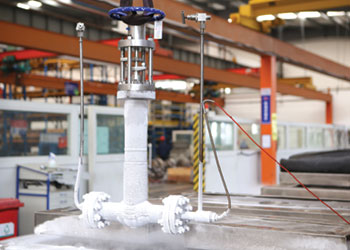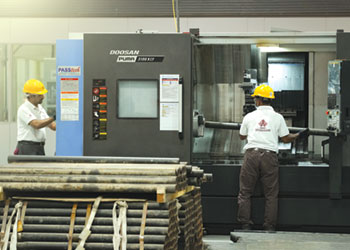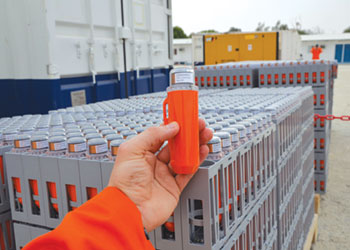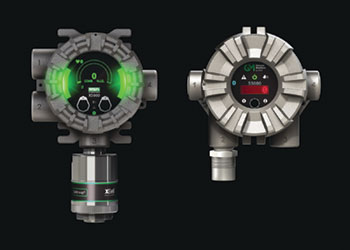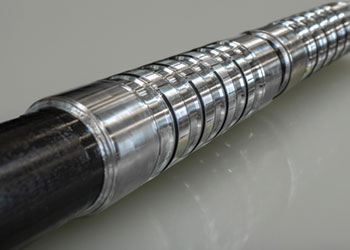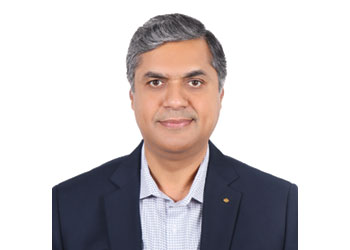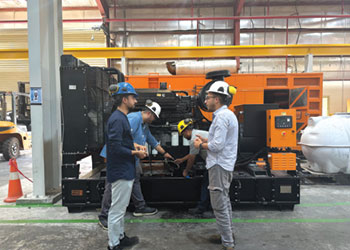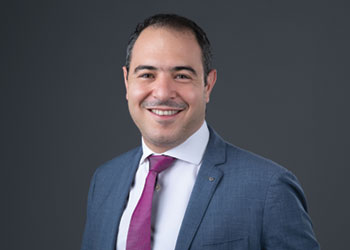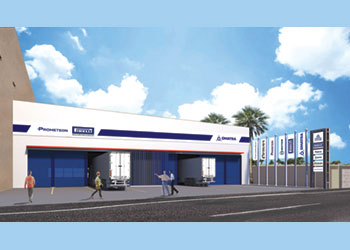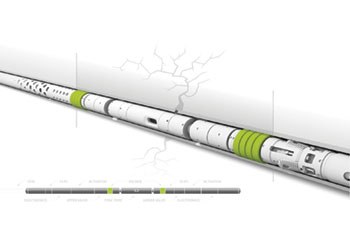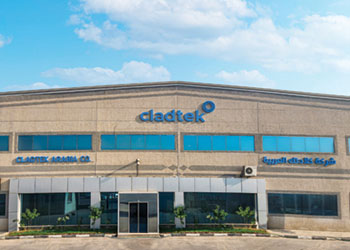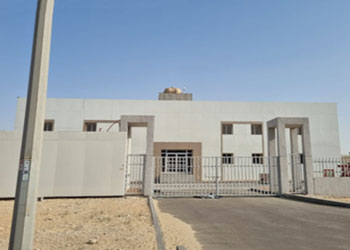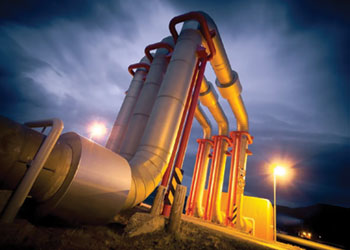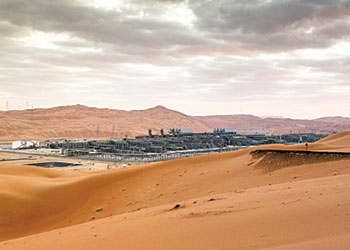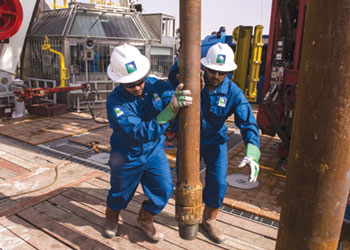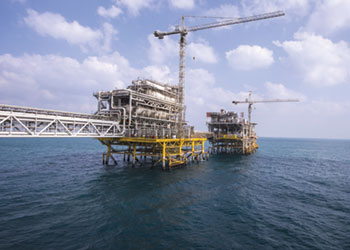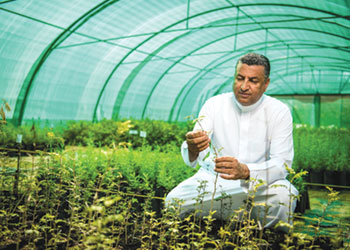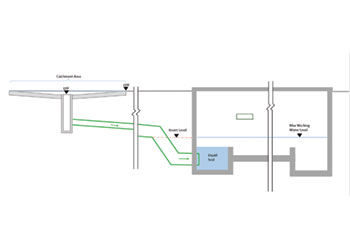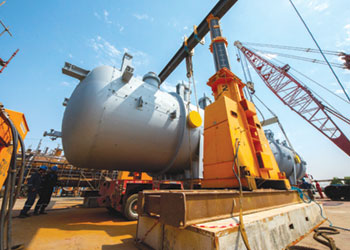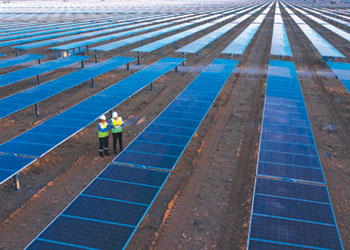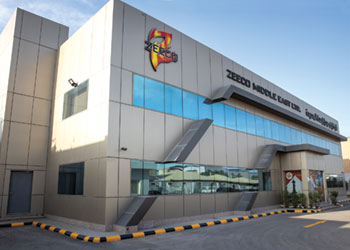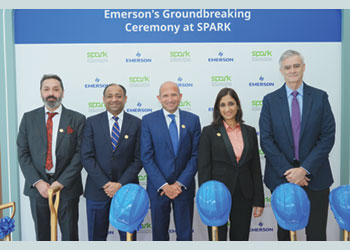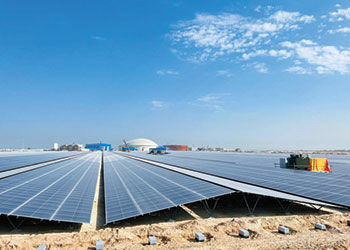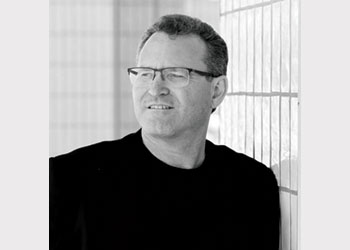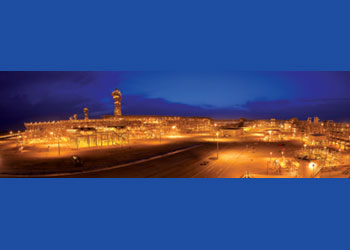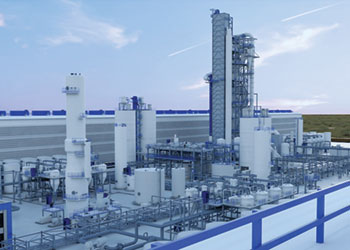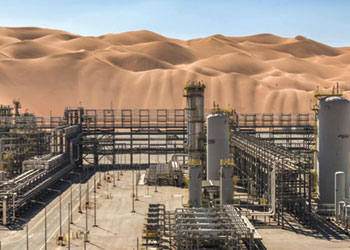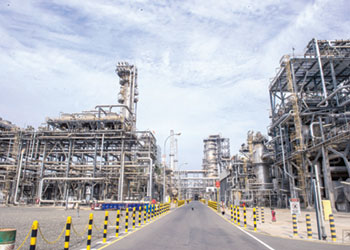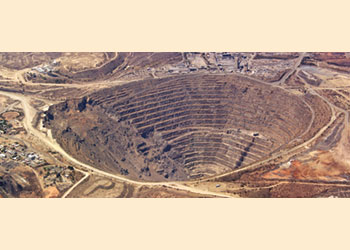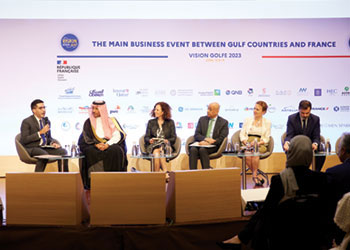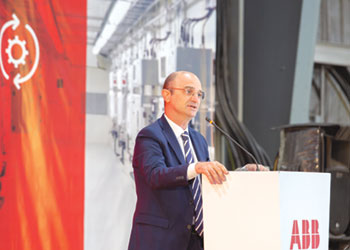
 SABIC's new building in Jubail inaugurated on November 23, 2022
SABIC's new building in Jubail inaugurated on November 23, 2022
Aramco saved SAR10.5 billion ($2.8 billion) after it made payments this year related to the SABIC acquisition, including SAR59 ($15.7 billion) in March, SAR41.3 billion ($11.0 billion) in April, and SAR16.7 billion ($4.5 billion) in May.
This May installment was the final prepayment of a deferred consideration, which now stands fully settled, and also reduces the outstanding principal amounts of promissory notes of SAR 18.7 billion ($5.0 billion).
These resulted in a decrease in total borrowings and cash and cash equivalents, and a gain of SAR 5.8 billion ($1.5 billion).
The deferred consideration was the amount payable to Public Investment Fund (PIF) for the SABIC acquisition in 2020.
The amount was payable over several installments, in the form of promissory notes, from August 2020 to April 2028. Aramco has the following repayments up till now:
• On March 13, 2023, it made a partial prepayment of SAR59,040 million ($15,744 million), which resulted in a gain of SAR4,635 million ($1,236 million).
• On April 7, 2023, it repaid the outstanding amounts of the promissory notes due by April 7, 2023, aggregating to SAR 41,250 million ($11,000 million).
• On May 2, 2023, Aramco made a final prepayment of SAR 16,691 million ($4,451 million), which resulted in a gain of SAR 1,141 million ($304 million).
Aramco acquired a 70 per cent stake in SABIC from PIF in 2020 for a SAR259.125 billion ($69.1 billion).
The acquisition was aimed at enhancing Aramco’s presence in the global petrochemicals industry, a sector expected to record the fastest growth in oil demand in the years ahead.
The acquisition is also consistent with Aramco’s long-term downstream strategy to grow its integrated refining and petrochemicals capacity and create value from integration across the hydrocarbon chain.
An S&P Global report in June gave a positive outlook for Saudi chemical producers and said they could withstand a possible feedstock price hike compared to their global peers because of the significantly lower domestic feedstock prices.
Feedstocks such as ethane and propane form the bulk of Saudi chemical producers' operating expenses, making them sensitive to price hikes despite their advantageous position over global peers.
Saudi ethane and methane cost less than $2 per metric million British thermal unit (mmbtu), compared with average Title Transfer Facility prices of $42/mmbtu in 2022 and $7.8/mmbtu in late May 2023.
"Historically, these competitive prices have helped listed Saudi chemical producers' EBITDA margins remain above 17 per cent, our threshold for above-average profitability, even in periods of volatile prices and macroeconomic uncertainty," the report said.
The gap between feedstock prices for Saudi and global players widened following the Russia/Ukraine conflict because of the uncertainty over gas supply to Europe and the volatility in commodity prices.
Raw materials account for about 80-85 per cent of listed Saudi chemical producers' cost of goods sold on average. Ethane and propane generally make up between 65 per cent and 70 per cent of all feedstocks used in Saudi Arabia.
The S&P report expects SABIC to maintain industry-leading profitability.
While SABIC gets some of its feedstocks from Europe and the US, most of its assets are in Saudi Arabia, where it benefits from the competitive prices.
At the end of first-quarter 2023, 71 per cent of SABIC's noncurrent assets were in Saudi Arabia, compared with 87 per cent as of end-2016.







































































